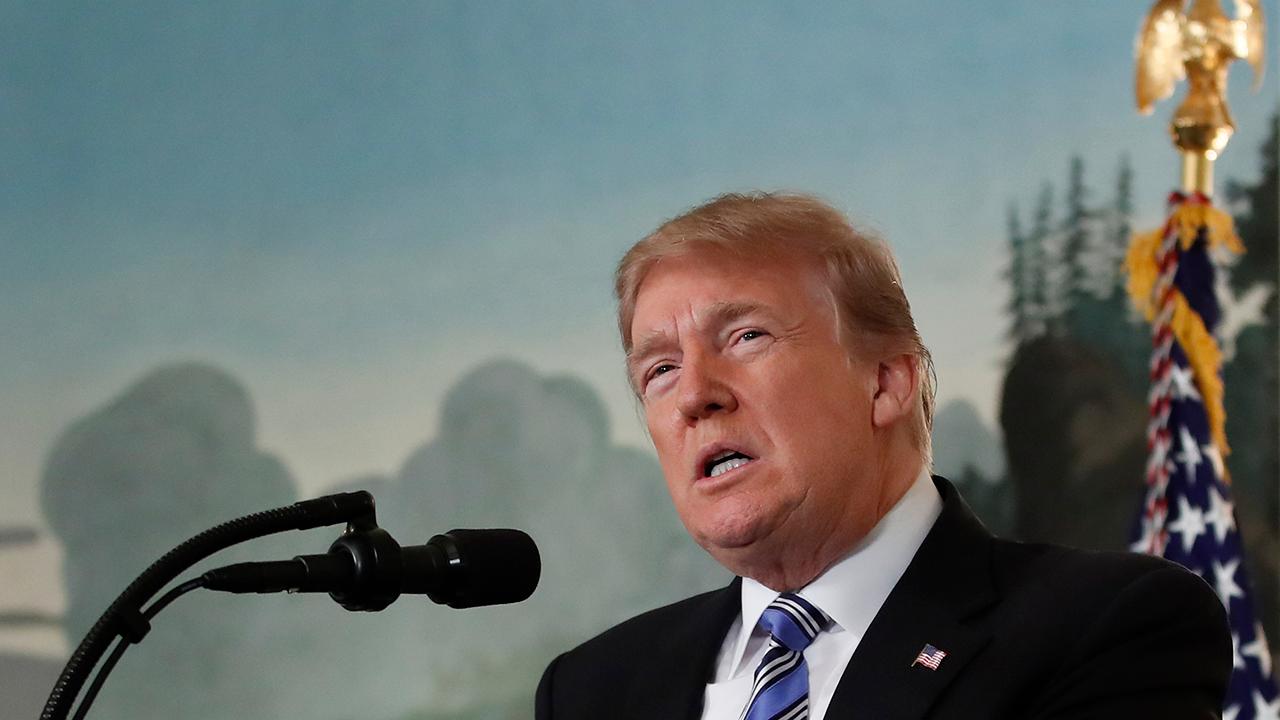Tariffs would boost inflation, but by how much?
The U.S. economy appears on track to reach 3% growth this year, thanks in part to the Trump administration’s pro-growth policies, including tax reform, but the recently announced tariffs could boost inflation much more than they would have a few years ago, Leo Grohowski, chief investment officer of BNY Mellon Wealth Management told FOX Business.
A few years ago, when consumer spending was relatively weak, companies hesitated to pass along higher costs. But today, with unemployment low and the economy growing, consumers have more money to spend, and so companies are less hesitant to pass along higher costs, such as tariffs would produce, than if consumer spending was weak.
What this means is that Americans could start paying more for items containing steel and aluminum, ranging from cars to cans of soda, and this could contribute to inflation, a prospect that has investors a little spooked.
Still the actual effect of tariffs on steel and aluminum imports is not expected to break the economy. A research note released by BNY Mellon earlier in the week noted, "The tariffs on steel and aluminum in and of themselves will have a small, though negative, effect on prices (up 0.1%) and growth (down 0.2%), the impact is exacerbated by what the tariffs symbolize for the president’s heretofore pro-business agenda and the global economy."




















